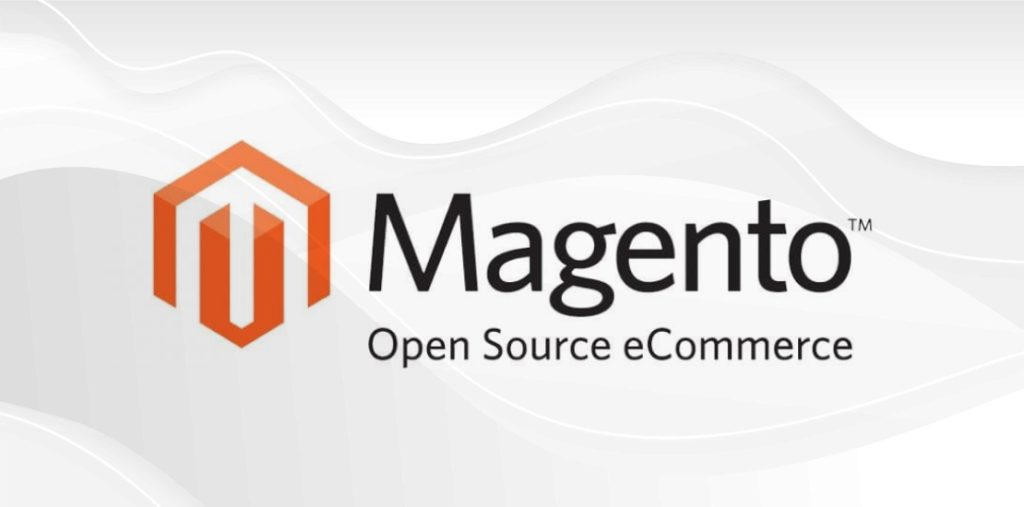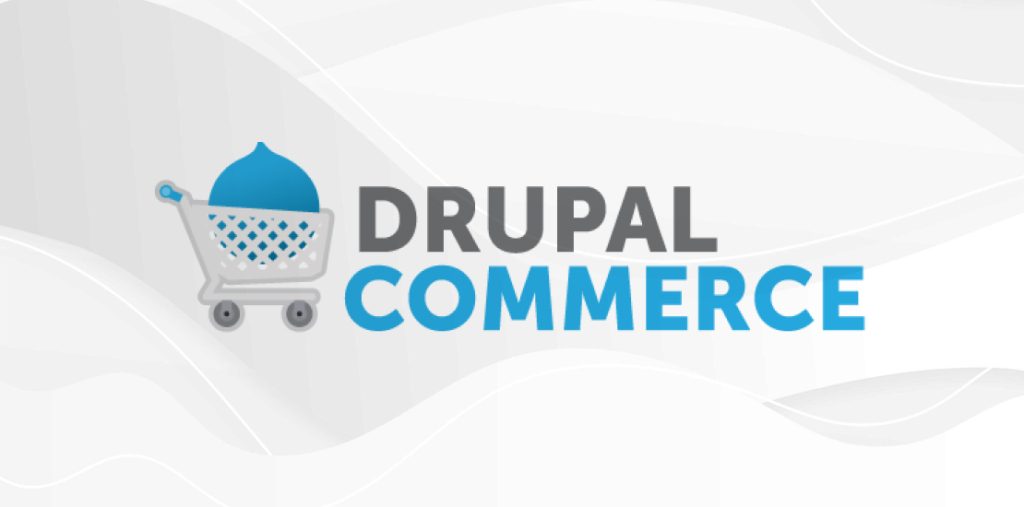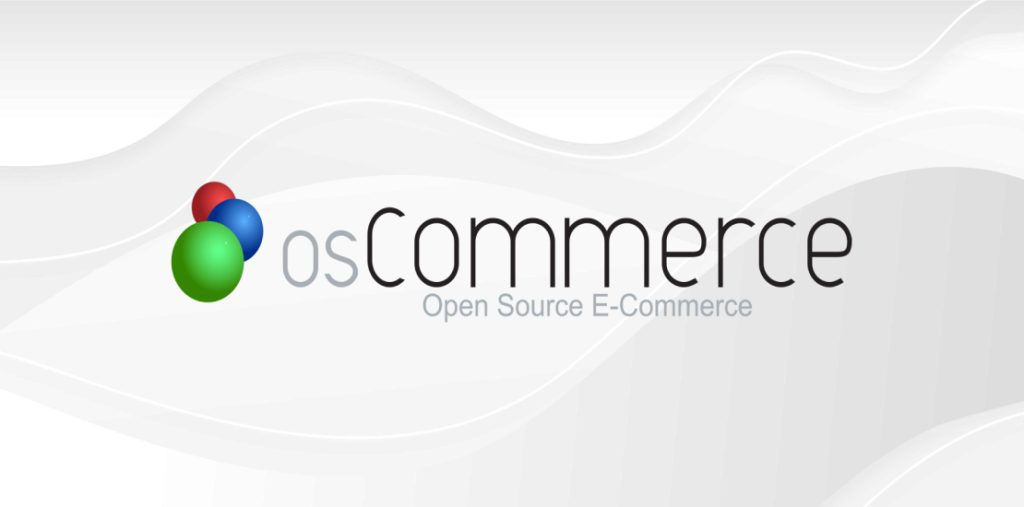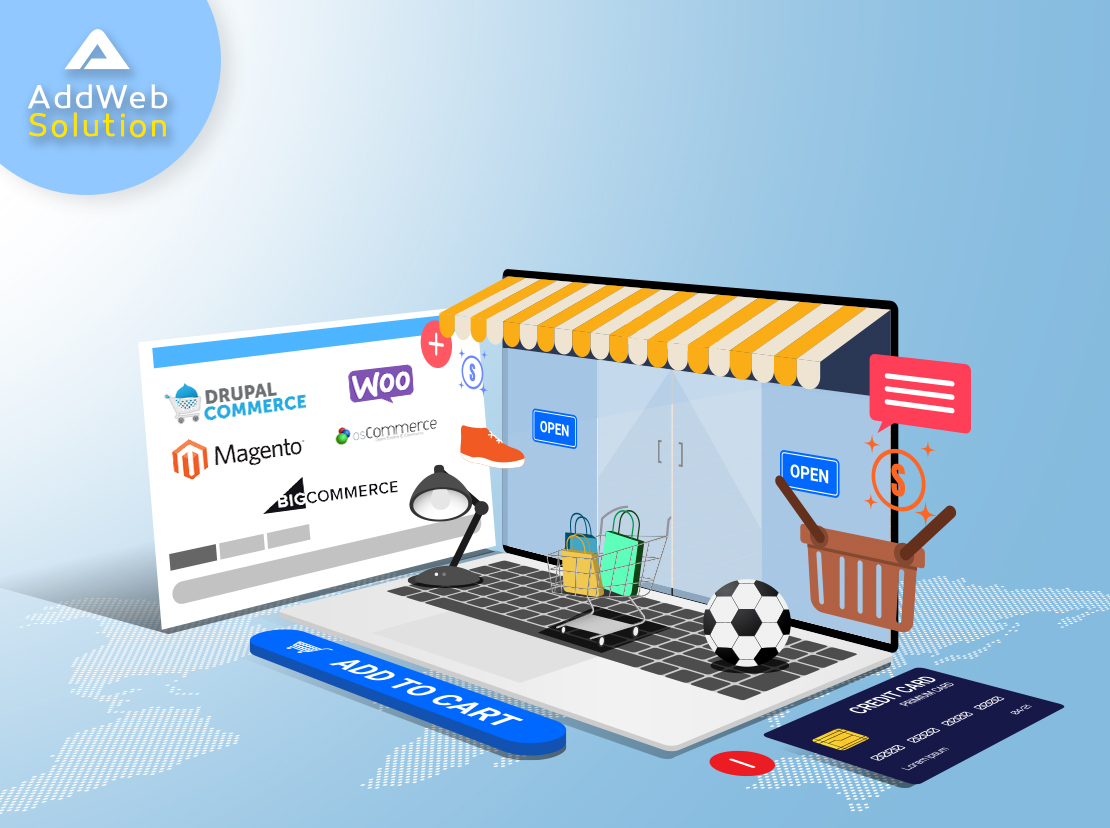You have successfully started your business, and sales are skyrocketing. But as a business owner, you always love to expand your business as much as possible. And your next strategy should be to reach a wider audience with a wide range of product offerings.
So, how do you achieve this? The best possible way is to take it online with the help of an eCommerce solution. If you want to stay ahead of your competitors, you must have an online presence. In today’s highly digital world, an online store brings ample opportunities for you to connect with local and international customers and break the geographic fence.
If you are thinking about starting an online business using an eCommerce solution, take a look at the following statistics:
- It has been found that global online shopping sales will hit approximately $5 trillionin 2022 and $6 trillion by 2024.
- Approximately 77%of users admit they enjoy window shopping on their smartphones.
However, to get into eCommerce development for your business, you will need a sound strategy, a clear-cut roadmap, and to select the right kind of open source eCommerce platform.
How do you choose the best open source eCommerce platforms?
To begin with, you need to find the answers to the following questions:
- Do you need custom features for your online store?
- Do you have enough budget to hire an eCommerce expert?
- Do you feel your eCommerce solution needs a custom design?
Once you have the answers to all these questions, you can begin your hunt for the best open-source eCommerce platform. Let’s take a look at some of the best open-source eCommerce platforms.
Magento Community Edition.
Many online merchants regard Magneto as the top open-source eCommerce platform for their eCommerce store development. Why? Considering that it presently controls around 26% of the e-commerce software market. Because of this, Magento is a leader in the sector.

It is an excellent open-source eCommerce platform for big companies with lots of traffic and excellent technical, installation, and troubleshooting support. However, not all businesses might use it, and this platform offers a variety of plans. For instance, the annual cost of Magento Enterprise Edition, used mainly by large businesses, is roughly $22,000.
However, Magento also offers a solution for small and medium-sized businesses. Online retailers can take advantage of Community Edition’s features at no cost. The ability to use many currencies, support multiple languages, manage multiple stores, and provide modules for customs are the most prominent features. A large selection of plugins and add-ons is another advantage of utilizing Magento. This platform offers users flexibility and limitless scalability in that sense.
Pros
- It loads quickly.
- Free to use and download
- Highly adaptable
- From your online store, customers can choose various payment methods.
Cons
- If you want additional customization, you might need sophisticated tech knowledge.
- Sometimes, customer service is sluggish.
Magento is not without flaws. First, due to the size of the community, it could be challenging to discover the solution to your problem in the forums. Even if an online retailer has coding expertise, he would typically prefer to employ an eCommerce development company or eCommerce developers to make all the required improvements.
WooCommerce
We can provide you with several solutions if you enjoy using WordPress and want to launch an online business. However, we will discuss the most popular WordPress plugin, WooCommerce, in this section. The user community for this top open source e-commerce platform is excellent.
WooCommerce is regarded as the best eCommerce platform for startups due to its advantages—you can set up and run your online store without technical skills. Many shops prefer WooCommerce, mainly thanks to its user-friendly admin panel.
It is mobile-friendly on this platform. Customers of your online store can place orders using their smartphones or tablets, and you consequently see an increase in sales. Additionally, one of the add-ons even enables you to combine your products with a mobile app.
Keep in mind that WooCommerce only functions with WordPress websites, making it inappropriate for some enterprises. However, you can get help from the eCommerce developers for your eCommerce store development using WooCommerce.
Nevertheless, WooCommerce will be a fantastic choice for your business if you are comfortable with the WordPress admin panel. Online retailers must pay for extensions and templates to use this open-source e-commerce solution with customized features.
Pros
- You can utilize one of the several WooCommerce plugins to expand your business and add new features.
- With WooCommerce, you can sell anything, including physical goods, digital downloads, membership plans, drop-shipping stores, and affiliate products.
- You have the option to expand your eCommerce business as much as you like because you may add an unlimited number of products to your site.
- You won’t be charged any transaction fees at all via WooCommerce. Only your bank or a payment service provider like PayPal or Stripe will need payment from you.
Cons
- WooCommerce offers a bit of a learning curve and can be more challenging to get started with than other solutions if you’re a complete newbie. For instance, you’ll have to pay for hosting and a domain name.
- As your internet store expands, you’ll be in charge of keeping it running smoothly. It could entail paying for a security plugin, changing your hosting package, or making your WordPress site SEO-friendly.
Related Article: Headless Technology How It Helps You Revolutionize Your eCommerce Online Store?
Drupal Commerce
Drupal Commerce could be the best option for you if you are familiar with the Drupal admin panel and are seeking an e-commerce solution. Not only is this open-source e-commerce solution adaptable, but it is also SEO-friendly. Don’t overlook the easy-to-use administrative interface and sophisticated payment options, including subscription models.

As you can see, only Drupal websites may use this approach. Drupal Commerce includes only the most fundamental e-commerce functionalities from the start. A website’s functionality can be extended by purchasing the “Commerce Kickstart” package with the help of an eCommerce development company.
It will give the new online store a good start because it consists of the most well-liked add-ons. If you want a simple online store that you can later extend with third-party add-ons, you can choose Drupal Commerce. However, for the customized requirements, you may have to hire Drupal developers to help you out!
Pros
- Code that is open-source and free for your eCommerce store development. The truth is that because its content management system (CMS) is entirely free, it can compete with other comparable solutions, like Joomla and WordPress. Additionally, the system code for Drupal is available, allowing users to recreate it to suit their needs.
- When Drupal first created, it was believed that only experts would use it. These are the main features that set this system apart from its main rivals.
- With the Drupal CMS, there is a tonne of room for innovation. Web developers for Drupal can assist in creating resources while ignoring the distinctions between intricate and unique designs.
- Quickness. Due to internal caching, Drupal is the fastest CMS compared to the competition.
Cons
- A challenge to familiarization. Creating and promoting Drupal e-commerce might be challenging for any inexperienced web developer.
- Advanced Interface. It can be challenging to grasp Drupal because of its professional construction system. The Drupal CMS is not very intuitive and you may have to hire Drupal developers to manage your eCommerce site if you are not so techy.
- High system specifications. Be ready to pay an additional hosting charge and forget about cheap flights before migrating to Drupal CMS.
- The free edition doesn’t have a high-quality design. The majority of system users are working on their improvements. It causes them to run out of good subject matter for their website design.
osCommerce
osCommerce is a great option if your company needs a platform with minimal maintenance requirements and you don’t want to spend on eCommerce developers or eCommerce development companies. Among internet retailers, this “time-tested trustworthy” method is still well-liked. Use one of the 7,000 extensions produced by osCommerce developers to give your online shop’s customers unique styles and features.

Over 26,000 online shops are a part of the community that has grown around the osCommerce platform. You can use the help network if your website has any issues. If osCommerce appeals to you the most, you should be aware of its drawbacks.
It is easy for the retailers to sell an unlimited number of physical and digital products using this eCommerce platform. OsCommerce includes the ability to take payments via PayPal Standard by default. The osCommerce community, consisting of customers and developers, also has a well-liked online forum for help and support.
The platform is relatively outdated and lacks the strength of contemporary e-commerce platforms. Scaling an online store in this situation could be difficult.
Pros
- No cost to download
- A strong community
- Simple to customize
- You can market both physical and digital goods
Cons
- Small-scale enterprises shouldn’t utilize it because extensive change requires code.
- Requires routine upkeep.
Big Commerce
You can build your online store with BigCommerce, a fully hosted (or all-in-one) eCommerce platform. If you wish to utilize BigCommerce with an existing website, a WordPress plugin is available.

Thanks to their free trial, even if they don’t offer a free plan, you may set up your internet business and begin going for nothing.
Pros
- No credit card information is required to sign up for the free trial.
- BigCommerce is quite simple to use. Register, fill out your store’s information, and begin adding products.
- If you don’t want to shell out money for a unique domain name, you can get a free domain like mystore.mybigcommerce.com. BigCommerce offers a wide variety of payment methods. It offers a built-in connection with several different payment systems, including Stripe, Authorize.net, PayPal powered by Braintree, and others.
- You may expand the functionality of your BigCommerce store by integrating a variety of third-party applications.
- Several pre-made designs and themes are available to give your storefront a polished appearance.
Cons
There isn’t much time to start producing money from your store because the free trial lasts only 15 days. After that, you’ll have to continue paying $29.95 monthly to maintain your store.
Because BigCommerce is an all-inclusive platform, you can only use their add-ons and themes. You might have had a more comprehensive range of options with some other eCommerce solutions.
Conclusion
It is always a daunting task for small retailers to find the ideal eCommerce platform to fulfil their needs. However, given the prevalence of online purchasing, your company needs to be easily reachable by all your clients, wherever they may be. You can ask for assistance in online forums if you still have trouble navigating a site.
Frequently Asked Questions
Open-source eCommerce platforms are software solutions with source code that is freely available for modification and distribution. Unlike proprietary solutions, they provide transparency and flexibility, and developers can customize the code.
The choice of an open-source platform can significantly impact scalability. Platforms with modular architectures, like Magento, allow for easy scalability by adding or removing components based on the growing needs of an online store.
In 2022, popular open-source eCommerce platforms include Magento, WooCommerce, and PrestaShop. These platforms are anticipated to be prominent due to their robust features, active communities, and adaptability to evolving e-commerce trends.
Open-source eCommerce platforms are suitable for businesses of all sizes. While some platforms like Magento are known for enterprise-level capabilities, others like WooCommerce are user-friendly and can easily cater to small businesses’ needs.
Open-source platforms often have active communities that regularly release security updates. Businesses should stay vigilant by updating their media, implementing best security practices, and leveraging secure hosting environments.
Open-source eCommerce platforms provide unparalleled customization and flexibility. Businesses can modify the code, choose from various themes, and integrate third-party extensions to tailor the design and functionality of their online stores to specific requirements.
Yes, businesses can migrate from proprietary solutions to open-source platforms. Challenges may include data migration, ensuring compatibility with existing features, and adapting to new development workflows. Proper planning and expert assistance can mitigate these challenges.
Many open-source platforms support multi-channel selling through extensions or plugins. They also offer APIs that facilitate seamless integration with third-party services, enabling businesses to expand their reach and enhance the overall customer experience.
